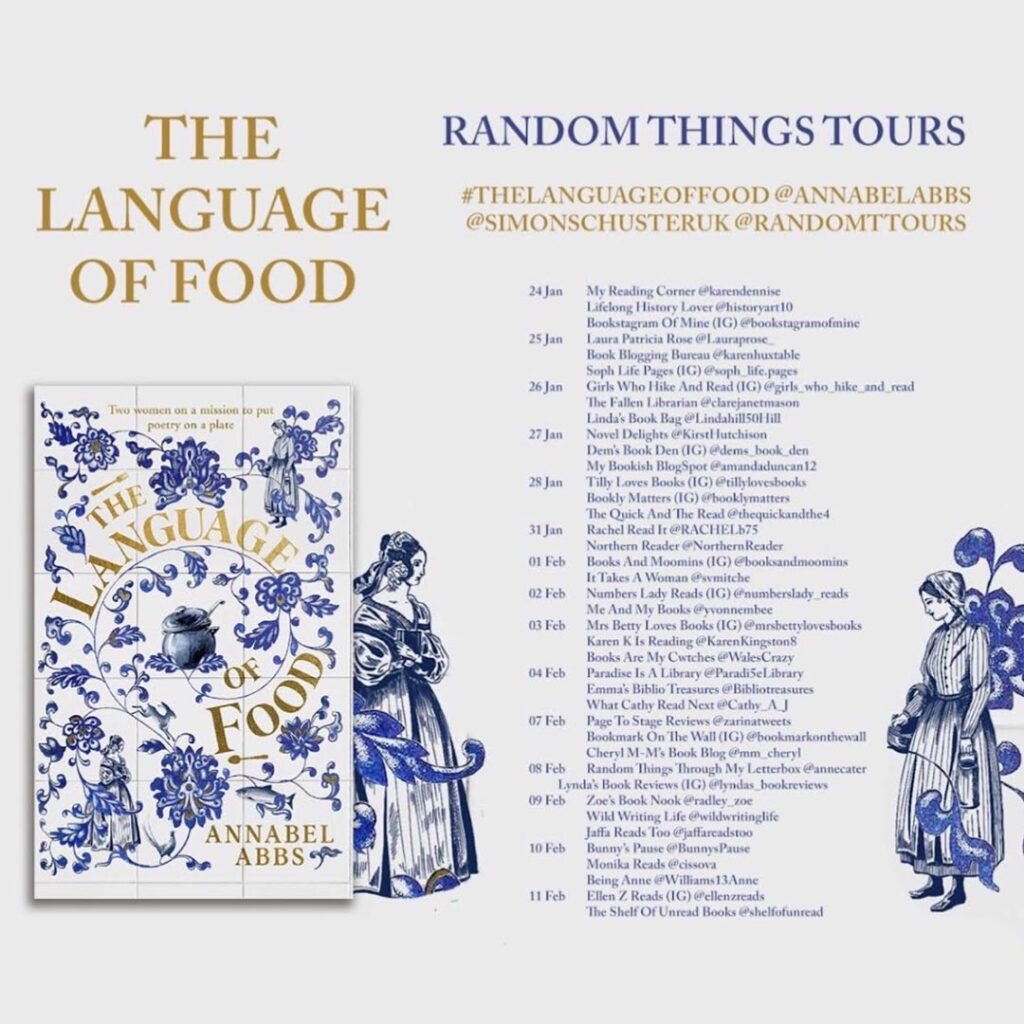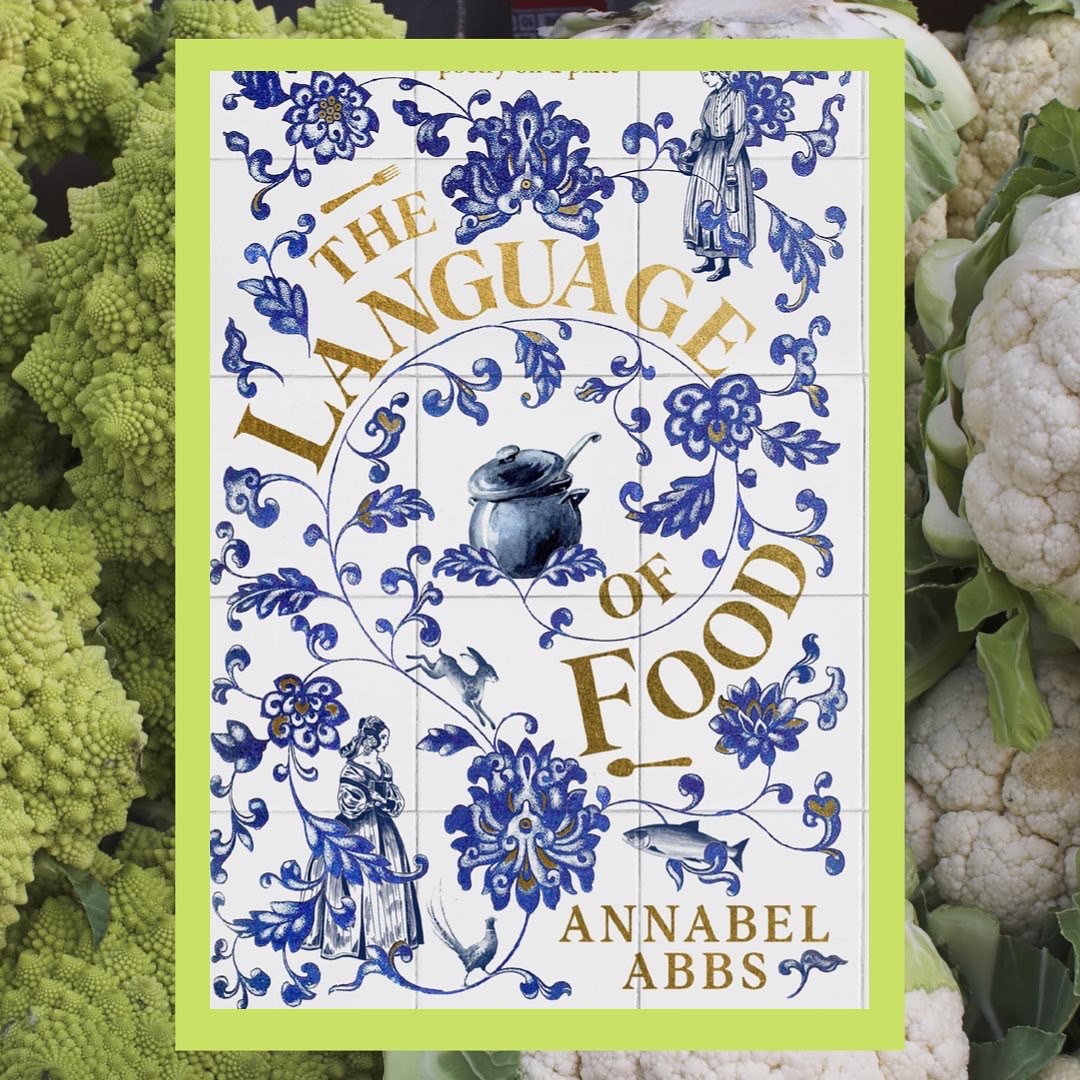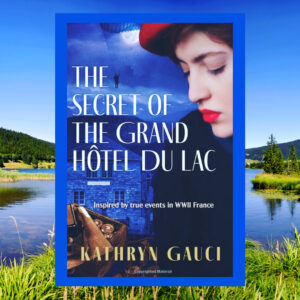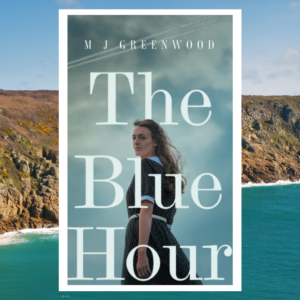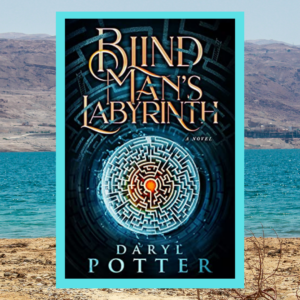[responsivevoice_button buttontext=”Listen”]
🌟🌟🌟🌟 1/2
“Why should a recipe book not be a thing of beauty?”
Perhaps not such an outrageous concept – but in the year 1835, in a town such as Tonbridge, Kent, where poverty, disease and the harshness of scratching out a living can overwhelm much of the populace, while those wealthy enough to enjoy good food employ one or more cooks, buried in airless dank basement kitchens – the unseemly preparation (and even enjoyment) of food is expected to be alien to the delicate sensibilities of the lady of the house.
Eliza Acton, 36 years old, a true-life heroine whose story has been fictionalized in this book, is a woman so unlike her peers that she is somewhat of an outcast. Unmarried, outwardly composed, Eliza is a poet, – her mind teeming with the sensitivities, grace and yearning to allow her to touch “a wider, deeper world”, – a world in which she “matters”, and her words connect her to others.
Desperate for income and commissioned by a publisher to write a book of cookery, so begins Eliza’s journey – one in which the work that evolves has no precedent. As “neat and elegant” as her poems, Eliza’s compulsion is to write recipes with words that sing, flooding the senses with “warmth and spice and sweetness”, and “the mysterious scent of a secret kingdom”.
“I think how satisfying it is to scrape at a lemon, to lose myself in its sharp bright song”.
“My words have such weight and heft I could reach out and pluck them from the air.
There is such a spring in my step, its as if i walk on whipped meringue.”
With her assistant Ann, a plucky disadvantaged servant girl, who is mysteriously blessed with the taste and talent to assist her, Eliza’s quest, as historically fascinating as it is emotionally charged, is a thing of great beauty, – captured with skill and finesse in this lovely work.
As the reader’s heart aches for Ann, a luminous “slither of a girl”, who as a servant is “allowed” to wear her emotions close to the surface, it’s impossible not to find equally poignant the contrast with Eliza, wonderfully crafted, a lady of her times, with silk ribbons wrapped tight, and her entire identity channelled inward to find expression through “the inky sentiment” of her verse.
“Tiny peas fragrant as flowers.
The bird-in-the-air feeling. I am I am I am.”
Highly recommended for readers of poetry, cookbooks, historical fiction, and really, anyone who enjoys deeply immersive stories of the quietly female finding their voice – unsung heroes to be found amongst us in any identified time or place.
My stop today on the @randomttours #blogtour for #TheLanguageofFood by @annabelabbs @simonschusterUK
A great big thank you to the author and publisher for an ARC of this book. All thoughts presented are my own.
